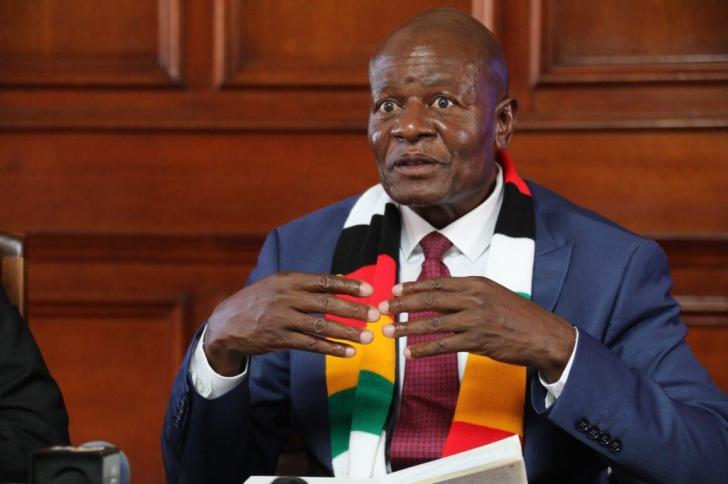News / National
Zimbabwe to establish municipal courts
3 hrs ago | Views

The Zimbabwean Government is set to introduce Municipal Courts as part of a broader plan to empower Municipal Police with arresting powers, a move aimed at strengthening enforcement of local authority by-laws.
The proposal, being prepared by the Ministry of Local Government and Public Works, will soon be tabled before Cabinet for consideration.
Local Government and Public Works Minister Daniel Garwe confirmed the development during a recent engagement with City of Bulawayo councillors and management.
Responding to Ward 5 Councillor Dumisani Nkomo, who had inquired about the possibility of creating a judicial structure at municipal level to deal with issues such as open defecation and public urination, Minister Garwe said the establishment of Municipal Courts would form part of the ministry's submission to Cabinet.
"Let's create a structure to make sure that there are Municipal Courts. That's a brilliant idea. The paper that we are going to present in Cabinet is not only going to talk about the capacitation of Municipal Police. It is also speaking to the establishment of Municipal Courts," Garwe said.
Currently, Zimbabwe does not have Municipal Courts, but such structures exist in several developed countries where they play a key role in tackling lawlessness within local jurisdictions.
Municipal Courts would give councils direct authority to handle lower-level offences, particularly breaches of municipal by-laws, without overburdening the mainstream judicial system.
Analysts say this judicial reform could significantly improve enforcement of local rules in urban areas such as Bulawayo, which continues to battle widespread littering and other acts of public nuisance. With Municipal Courts in place, city authorities would be able to impose deterrent fines and sanctions more effectively, enhancing order and community discipline.
The move is being hailed as a potential game-changer in strengthening local governance and service delivery.
The proposal, being prepared by the Ministry of Local Government and Public Works, will soon be tabled before Cabinet for consideration.
Local Government and Public Works Minister Daniel Garwe confirmed the development during a recent engagement with City of Bulawayo councillors and management.
Responding to Ward 5 Councillor Dumisani Nkomo, who had inquired about the possibility of creating a judicial structure at municipal level to deal with issues such as open defecation and public urination, Minister Garwe said the establishment of Municipal Courts would form part of the ministry's submission to Cabinet.
Currently, Zimbabwe does not have Municipal Courts, but such structures exist in several developed countries where they play a key role in tackling lawlessness within local jurisdictions.
Municipal Courts would give councils direct authority to handle lower-level offences, particularly breaches of municipal by-laws, without overburdening the mainstream judicial system.
Analysts say this judicial reform could significantly improve enforcement of local rules in urban areas such as Bulawayo, which continues to battle widespread littering and other acts of public nuisance. With Municipal Courts in place, city authorities would be able to impose deterrent fines and sanctions more effectively, enhancing order and community discipline.
The move is being hailed as a potential game-changer in strengthening local governance and service delivery.
Source - Cite






































